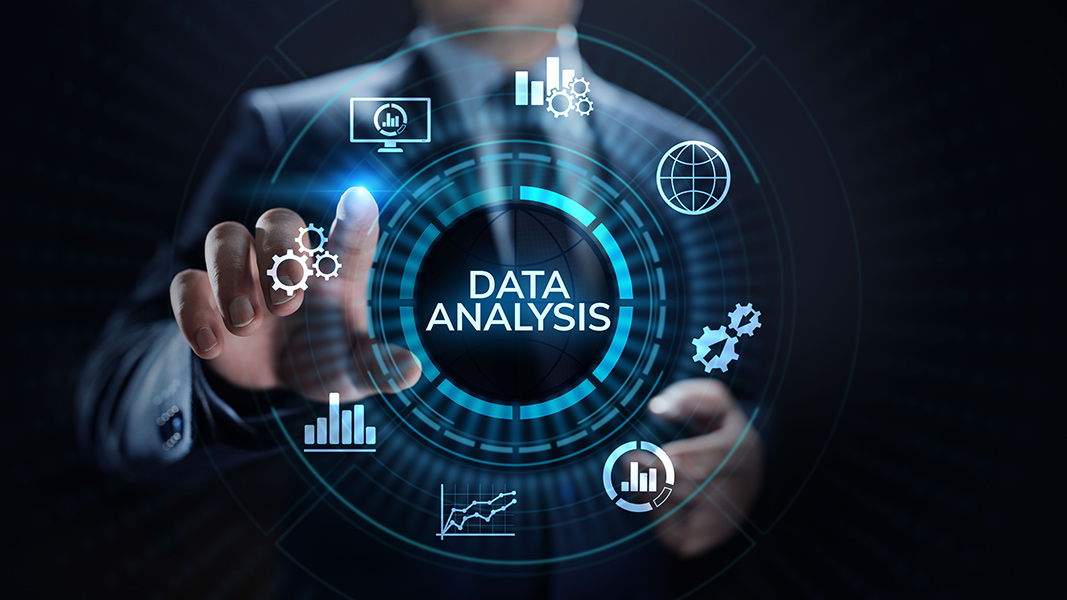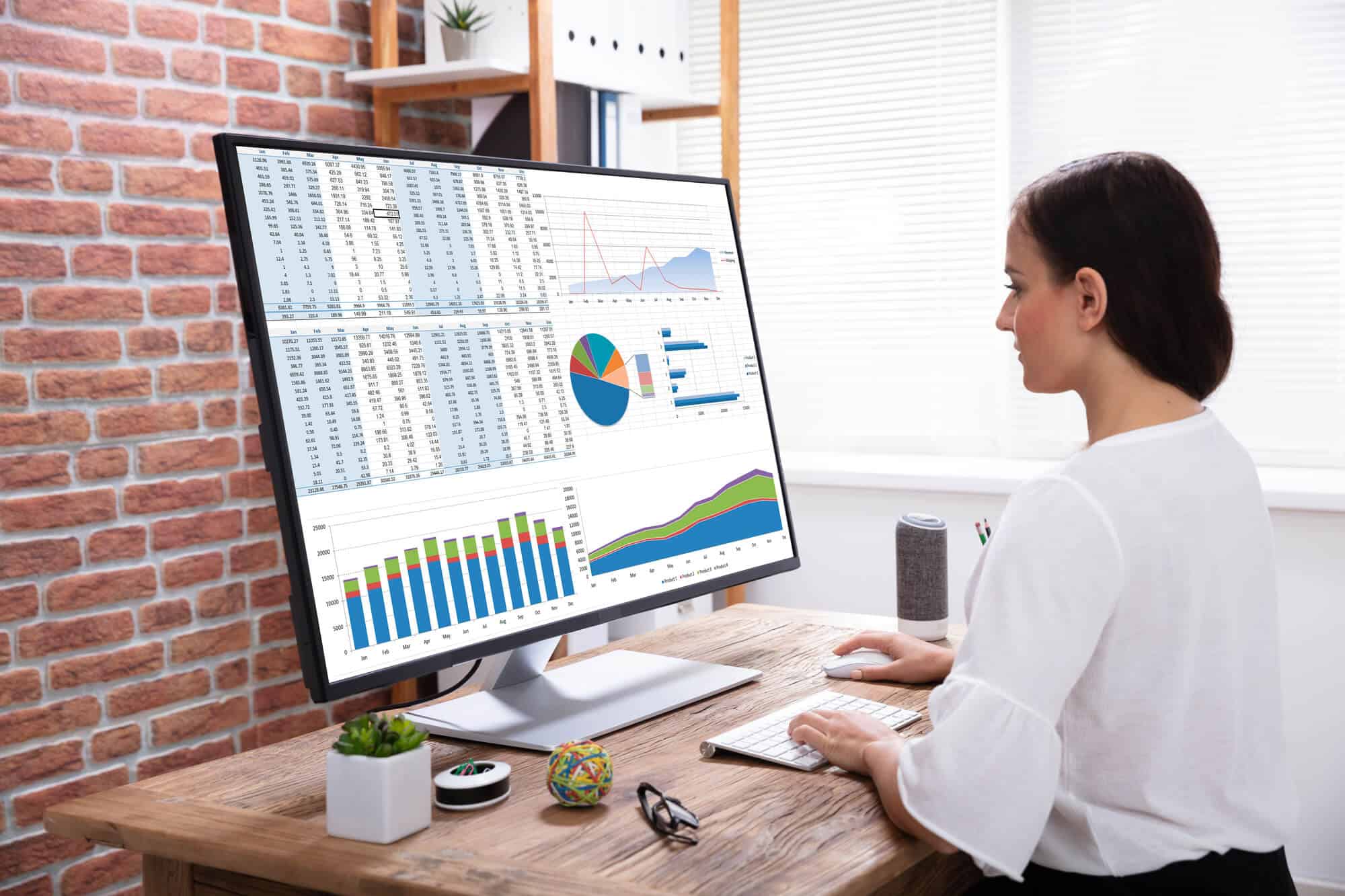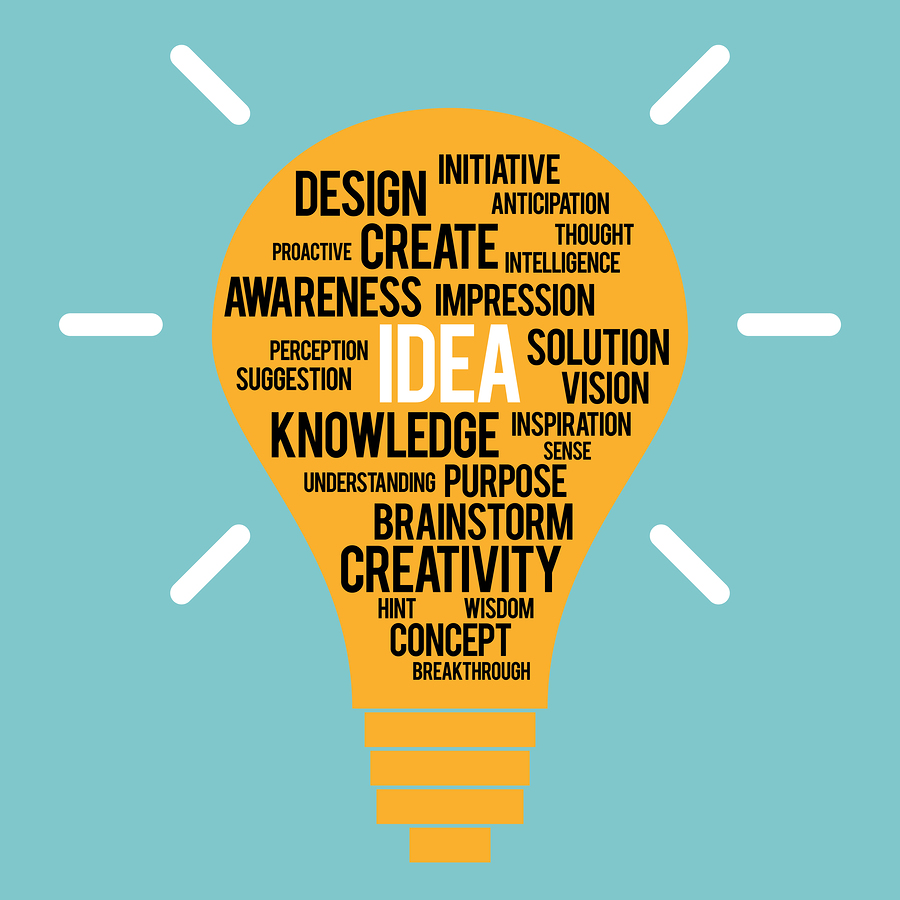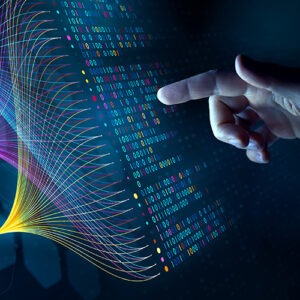The differences between data analytics, machine learning, and data science are becoming more and more important. Understanding these distinctions is useful for professionals, companies, and students navigating the tech world in 2024, not only for academic purposes. The objective of this essay is to examine these three important fields, emphasizing their distinct functions, resources, approaches, and contributions to the digital world.
Data Science: What Is It?
Data science is an interdisciplinary field that uses methods, systems, algorithms, and processes from science to extract knowledge from both organized and unstructured data. To analyze and resolve complicated issues, it integrates elements of computer science, statistics, mathematics, and domain knowledge. Fundamentally, the goal of data science is to extract useful information from data so that businesses can make wise choices.
The Abilities Needed to Work as a Data Scientist
-
Statistical Analysis: Understanding data distributions, doing hypothesis testing, and coming to data-driven judgments all depend on statistical competency. Regression analysis, hypothesis testing, and other statistical methods can be required.
-
Programming: Proficiency in programming is required. For data processing, analysis, and the creation of machine learning models, you can utilize programming languages like Python or R.
-
Preprocessing and Data Cleaning: Unstructured and disorganized data formats are common. It is essential to understand how to manage missing numbers, deal with outliers, and clean and preprocess data.
-
Machine Learning: It's critical to comprehend the advantages and disadvantages of machine learning algorithms. This covers deep learning, classification, regression, clustering, and supervised and unsupervised learning techniques.
-
Data Visualization: To effectively convey insights to stakeholders that are not technical, one must possess strong data visualization abilities. It can be helpful to utilize programs like Tableau, Seaborn, or Matplotlib.
-
Domain Knowledge: Having domain-specific knowledge might be useful, depending on the business you work in. Gaining a better knowledge of the data's context facilitates the extraction of more pertinent insights.
-
SQL: Being able to retrieve, query, and manage data in relational databases frequently requires proficiency with SQL.
-
Big Data Technologies: Working with large-scale datasets may need familiarity with big data technologies like Hadoop and Spark.
-
Data Ethics and Privacy: It's critical to comprehend ethical issues and protect data privacy, particularly when working with sensitive data.
-
Skills for Solving Problems: It is essential to recognize business issues, frame them as data issues, and create workable solutions.
Different Data Science Careers

Data Scientist
They aid companies in making defensible judgments by analyzing and interpreting difficult data. To forecast outcomes and find patterns in data, they employ a range of machine learning models, statistical approaches, and data analysis tools. It is important to have a solid background in statistical analysis and computer language proficiency.
Analyst of Data
Data analysts work mostly with already-existing datasets, processing and analyzing them statistically. They generate reports, identify patterns, and display data using tools and approaches that help guide corporate choices. It is frequently necessary to have proficiency with SQL, Excel, and data visualization programs like Tableau or Power BI.
Engineer for Machine Learning
These experts collaborate closely with data scientists to develop algorithms that can learn from data and make predictions or judgments based on it. They specialize in the design and implementation of machine learning models. Strong programming abilities and familiarity with machine learning frameworks such as PyTorch or TensorFlow are required.
Engineer for Data
They build and maintain the tools and systems that allow for the extensive collection, archiving, and analysis of data. They are skilled in database administration, ETL (extract, transform, load) procedures, and big data technologies like Hadoop and Spark. They work on the backend systems that facilitate data processing.
Analyst of Business Intelligence
These analysts use data analysis to deliver practical insights that impact corporate strategy and choices. They are experts in turning data into comprehensible dashboards and reports that emphasize key performance indicators (KPIs).
Manager of Data Science
Data Science Managers supervise groups of experts in data and make ensuring that initiatives are in line with organizational objectives. To manage projects, coach team members, and explain findings to stakeholders who aren't technical experts, they bring together their technical expertise and leadership abilities.
Analyst of Quantitative Data
Quantitative analysts, who are frequently found in the finance sector, employ mathematical and statistical models to guide financial and risk management choices. They demand a good background in financial theory, statistics, and mathematics.
Architect of Data
In charge of developing and constructing data management systems that combine, consolidate, safeguard, and preserve data sources. Data architects require expertise in data modeling and warehousing in addition to a thorough grasp of database architecture and design.
AI Programmer
Artificial intelligence engineers create systems and models of artificial intelligence that can simulate human decision-making and learning processes. Neural networks, computer vision, and natural language processing are among the technologies they deal with.
A statistician
Statisticians use statistical and mathematical ideas to address issues in the real world. They design experiments, collect data, and carefully examine the results to predict future trends and direct the formulation of policies or decision-making procedures.
Read Also: 5 Execute Strategic Power Moves Effectively
Data Analytics: What Is It?
In order to find significant patterns, insights, and information that can guide decision-making, data analytics investigates, purifies, transforms, and interprets data. By using a variety of methods and instruments to glean insightful information from data, data analysts play a critical part in this process. Since you are in charge of data analysis, exploratory data analysis (EDA), and extracting useful insights from data, your job as a data analyst is intimately tied to data analytics.
Competencies Needed to Work as a Data Analyst

-
Data Preprocessing and Cleaning: Data analysts need to be adept at preprocessing and cleaning data. To make sure the data is appropriate for analysis, this entails addressing data quality concerns, eliminating duplicates, and handlingmissing information.
-
Data Visualization: Using programs like Matplotlib, Seaborn, or Tableau, data analysts should be skilled at producing understandable and instructive data representations. Good visual aids facilitate the dissemination of research results to interested parties.
-
SQL and programming: For data analysis, familiarity with languages like Python or R is essential. To query and retrieve data from relational databases, SQL is required. Working with databases is often necessary for data analysts to obtain pertinent data.
-
Domain Knowledge: Having domain-specific knowledge might be beneficial depending on the business you work in. It facilitates accurate interpretation of the results and helps you grasp the context of the data.
-
Data Interpretation: It is crucial to be able to understand data in the context of a commercial or research situation. Your study should enable you to offer suggestions and insights that can be put into practice.
-
Problem-Solving Ability: To recognize and characterize data-related difficulties and develop analytical strategies to solve them, data analysts require a high level of problem-solving ability.
-
Critical Thinking: To guarantee the precision and dependability of their analyses, data analysts must be able to critically assess data sources, procedures, and outcomes.
-
Data Ethics: It's critical to comprehend the moral issues surrounding data analysis and to protect the privacy and security of data.
-
Information Tools: Having knowledge of data analysis frameworks and tools like NumPy, Jupyter Notebook, or Pandas might help you streamline your data analysis duties.
-
Business acumen: It's important to comprehend the objectives and business context. Analyses of data should be in line with the goals of the company.
Numerous Paths in Data Analysis

Analyst for Business
Business analysts use data to assess processes, pinpoint requirements, and give executives and important stakeholders reports and recommendations supported by data. Often found at the intersection of business and technology, they use data to inform policy decisions, strategic business decisions, and operational improvements.
Analyst of Finance
These professionals specialize in financial data analysis to help businesses make investment decisions. In order to establish cost frameworks and make decisions on project capital budgeting, they forecast future income and costs. Financial analysts forecast financial outcomes using models and statistical algorithms.
Analyst for Marketing
In order to inform marketing strategy, marketing analysts examine customer behavior, market developments, and competitive environments. They adjust price plans, product placement, and marketing efforts with the use of data analysis. For this position, proficiency with marketing technologies and data visualization is essential.
Analyst of Operations
Operations analysts focus on the internal processes of a company. They examine operational data from businesses to identify inefficiencies or areas for development. This helps businesses increase output, reduce costs, and enhance overall effectiveness.
Analyst of Sales
Sales analysts carefully examine sales data in order to spot patterns, project future results, and offer advice that helps sales teams tailor their approaches. They are essential for establishing sales targets, locating prospective clientele, and assessing the potency of sales tactics.
Analyst of Health Data
These analysts utilize data in the healthcare sector to improve patient outcomes, cut expenses, and boost operational effectiveness. To influence practice and policy in healthcare organizations, they examine clinical data, patient records, and healthcare procedures.
Analyst for the Supply Chain
These analysts concentrate on examining and enhancing supply chain processes. In order to boost productivity, save expenses, and strengthen supply chain resilience, they employ data to optimize the processes involved in inventory management, production, distribution, and procurement.
HR Information Analyst
These specialists, who go by the name "people analysts," use data analysis to help businesses make educated decisions about hiring, retaining, and managing their workforce. Analyzing employee productivity, contentment, and turnover rates yields insights that influence the development of human resources strategies and policies.
Expert in Data Visualization
These experts aid stakeholders in understanding data by converting complicated data sets into clear, captivating visual representations through dashboards, reports, and infographics. It's crucial to become proficient with visualization tools like Tableau, Power BI, or D3.js.
Risk Assessor
Risk analysts utilize statistical techniques to assess the probability and possible ramifications of future events for a company. They work in a variety of sectors, including cybersecurity, insurance, and finance, and they help companies lower risks and make wise decisions.



